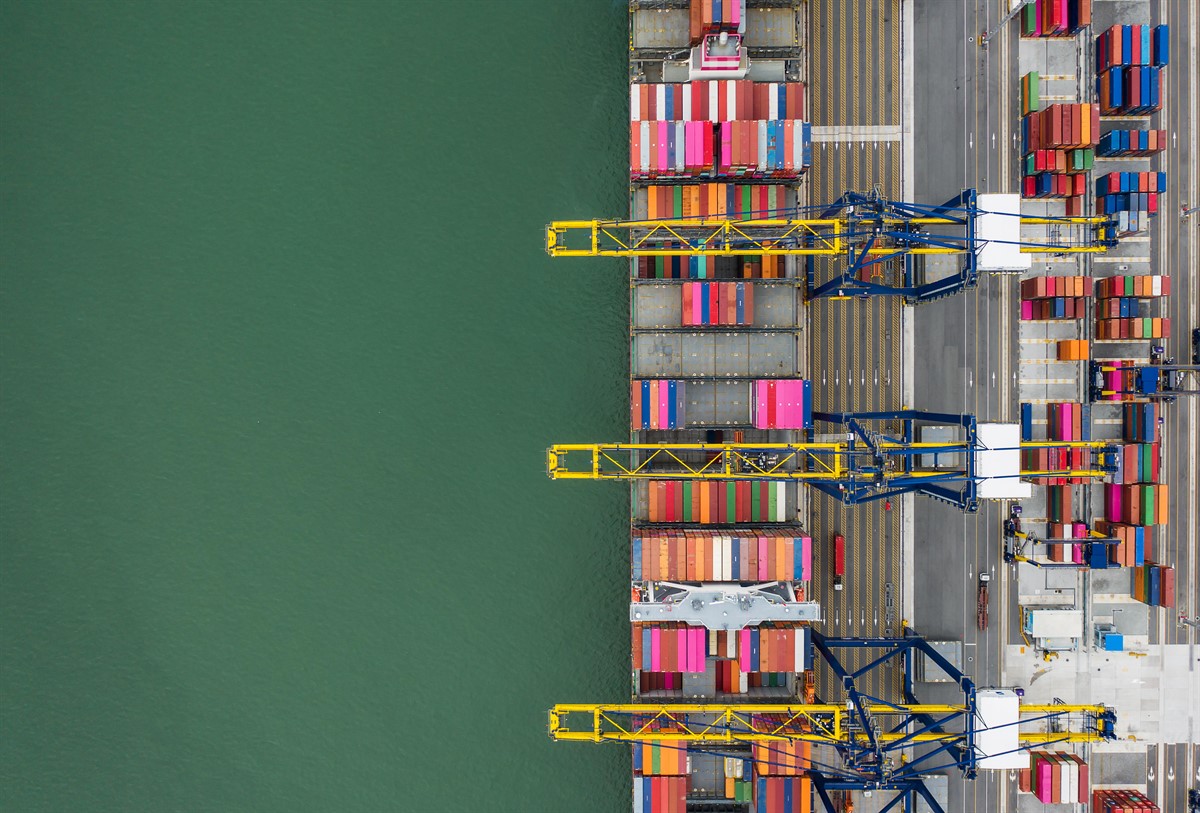Negotiations on the EU/Mercosur free trade agreement (FTA) started in 1999 but stalled before eventually being concluded in June 2019. However, that agreement was not adopted for a number of reasons, including concerns amongst EU countries about the additional market access that highly efficient Mercosur agricultural suppliers would have for the export of products to the EU. Additionally, the EU considered the agreement did not address issues relating to environmental sustainability. In response, in 2023, the Commission sought to address these issues in a new round of discussions with the Mercosur bloc resulting in the agreement reached on 6 December 2024. This includes a commitment to effectively implement the Paris Agreement on Climate Change and commitments to preserve the biodiversity of ecosystems and tackle deforestation.
What does the agreement mean for agriculture?
The agreement has divided opinion amongst EU countries. Mercosur countries enjoy a competitive advantage over EU farmers in terms of scale and cost of production, and farmers in many EU countries are concerned about the impacts that additional imports from Mercosur will have on their profitability. The Commission has sought to address this in the agreement by limiting preferential access for the most sensitive products:
|
Product |
Quantity |
Remarks |
|
Beef |
99,000 t |
7.5% import duty. 55% of quota for fresh/chilled, 45% frozen product |
|
Poultry |
180,000 t |
Duty free and phased in over 5 years |
|
Sugar |
180,000 t |
Raw cane sugar for refining from Brazil, included in existing EU WTO quota |
|
Sugar |
10,000 t |
Raw cane sugar for refining from Paraguay |
|
Ethanol |
450,000 t |
For use in the EU chemical industry |
|
Honey |
45,000 t |
Duty free and phased in over 5 years |
|
Rice |
60,000 t |
Duty free and phased in over 5 years |
All imports into the EU under the agreement must comply with the EU’s high food safety standards, whilst reaffirming the “precautionary principle” that both sides are free to adopt measures to protect human, animal and plant health, including in situations where scientific information is inconclusive.
According to the Commission, EU agri-food exports to Mercosur were worth €3.2 billion in 2023, and the agreement will help increase this trade as Mercosur countries eliminate high tariffs on key EU export interests, including for dairy, malt, wine and spirits, chocolate and processed food products.
What about environmental concerns?
The EU-Mercosur partnership agreement embodies a shared commitment to sustainable development to promote the green transition and ensure the protection of labour rights. It includes a dedicated Trade and Sustainable Development chapter under which the EU and Mercosur commit to effectively implement the Paris Climate Agreement and to cooperate on the climate aspects of trade. The Paris Agreement on Climate Change is an “essential element” of the agreement, which means that either side can suspend the agreement if it considers that there is a serious breach of the Paris Agreement, or if a party leaves the Paris Agreement. It covers, for example, a pledge by:
- the EU and Mercosur countries to move towards climate neutrality by 2050.
- the EU to reduce its domestic emissions by at least 55% by 2030 compared to 1990 levels.
- Brazil, in its nationally determined contribution, to halt illegal deforestation, including in the Brazilian Amazon.
Under the agreement, EU legislation such as the EU Deforestation Regulation continues to apply to products imported under the agreement, ensuring that no commodities associated with deforestation are placed on the EU market. It also includes a binding commitment to combat illegal logging and to tackle deforestation.
The Trade and Sustainable Development chapter of the agreement is subject to a specific dispute settlement procedure. Should either the EU or Mercosur believe that the other side is not adhering to the rules, they can ask for formal government consultations. If the situation is unresolved, an independent panel of experts can be asked to examine the matter and draw up a report with recommendations, to be made public so that it can be followed up by stakeholders and relevant institutions on both sides.
What next?
The agreement concluded on 6 December 2024 will now be checked legally and translated into the languages of the EU countries. Final adoption is subject to the approval of the Council on behalf of the Member States and the European Parliament. This process is expected to take at least 6-9 months. This far out, it’s not possible to say whether the agreement will be accepted.
